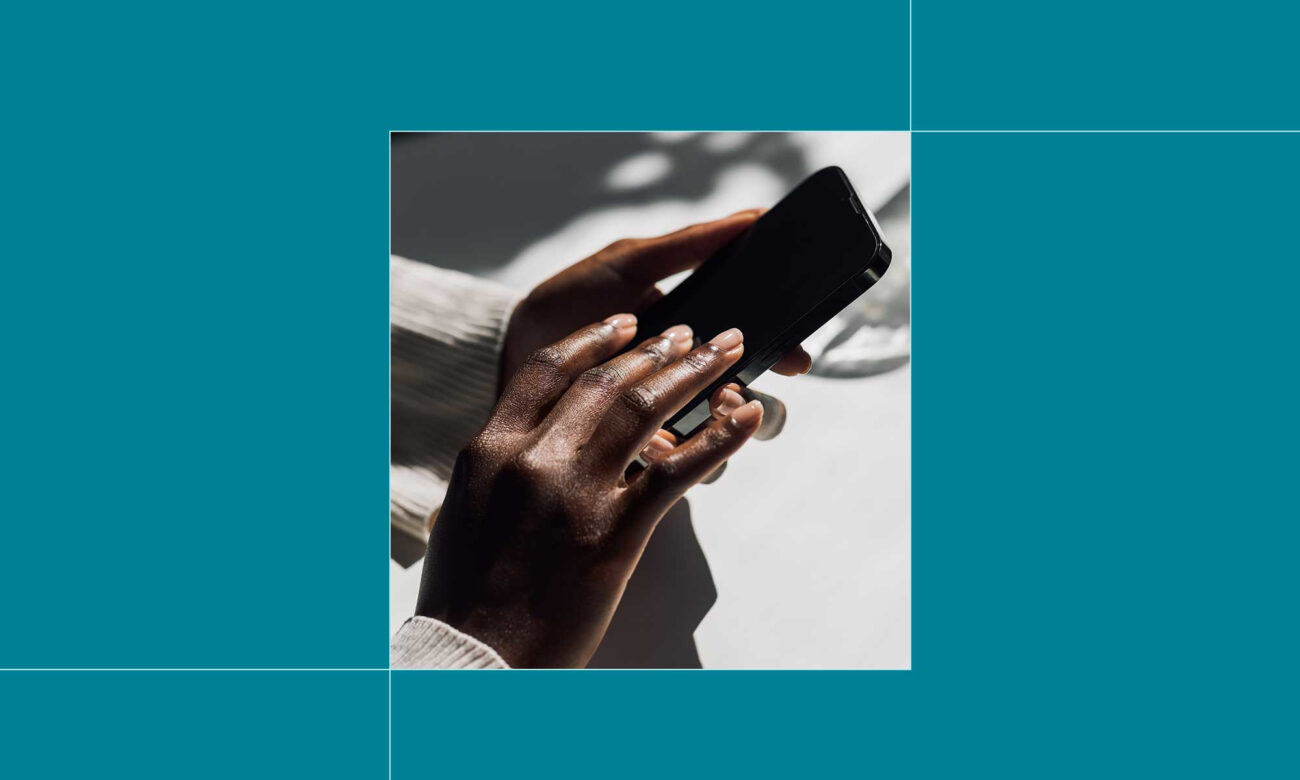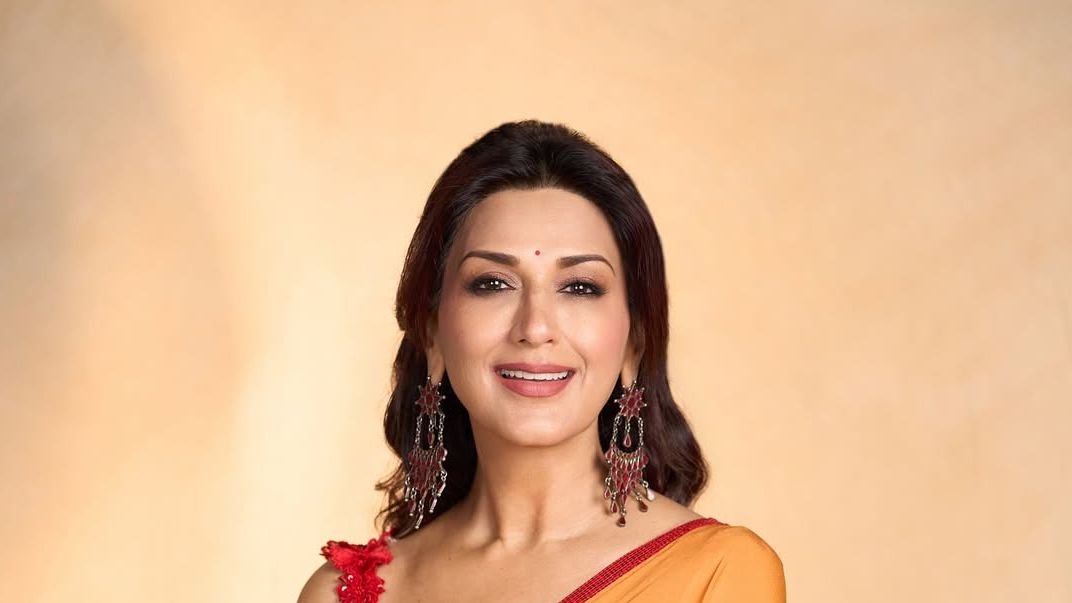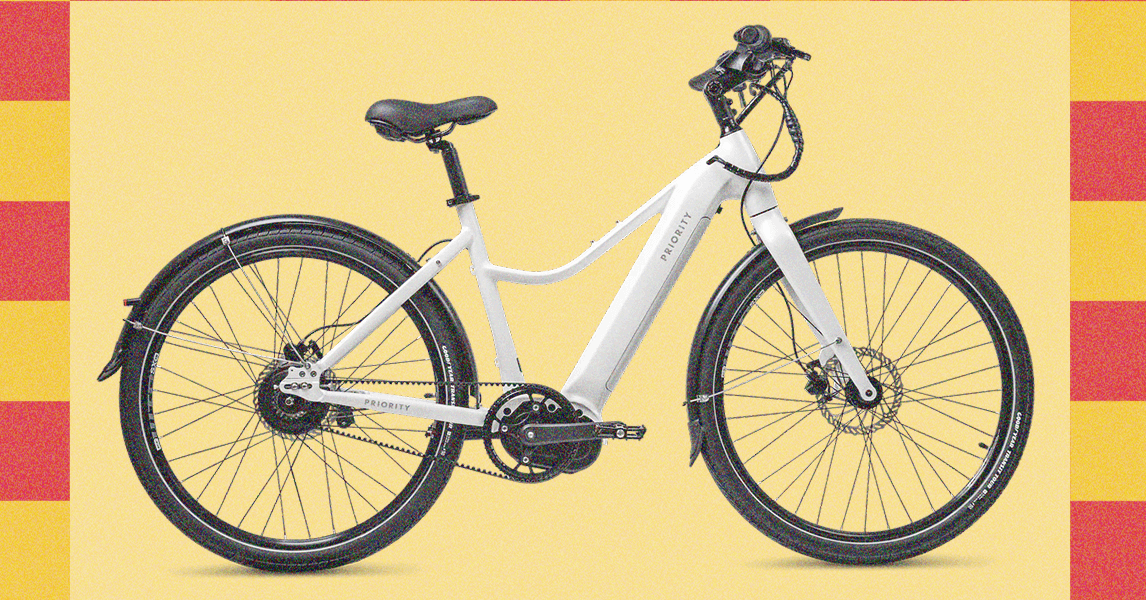Blog
Why mindfulness didn’t work for me (and what did)

Over the past six months, I’ve been flailing my way through a morning mindfulness routine with my partner. He’s a wake-up-at-5-am, black coffee, meditate-then-walk type of person. I, on the other hand, am a performing artist and writer with no fixed schedule to speak of. I live for deadlines and the dopamine rush that comes with it. The idea of following a meditation app makes me want to hide under the bed.
At first, I thought this meant something was wrong with me. That I was failing at self-care. I kept downloading new meditation and mindfulness apps. I scheduled reminders, set sleep timers; nothing stuck. Instead of feeling calm, I felt defective. Like I was allergic to peace.
Trying to meditate feels like asking a jellyfish to be still. I place my hands on my knees and attempt free-fall. For a few seconds, I float; breeze, birdsong, watery ripples and a calming voice telling me to inhale, exhale, repeat. Then: barking dog. To-do list. Creative anxiety. And just like that, the reverie’s gone.
There’s a lot of noise right now about focus and optimisation. Dopamine detoxes, digital fasts and single-tasking. The logic is clear: reduce distraction, increase awareness. But sometimes, zoning out is tuning in. When I stare out the window mid-sentence, I’m not procrastinating. I’m accessing something else: the brain’s default mode network (DMN), that fuzzy, nonlinear space where accidental insights begin to form.
Eventually, I stopped trying to meditate and be mindful, and started listening to the noise instead.
It’s in that mental drift that my most meaningful creative work often begins. I worry sometimes that a deliberately “stilled” mind might flatten those instincts; quiet the jazz of my thoughts, replace soul with structure. Distraction, to me, isn’t disorder. It’s a rhythm. The improvisations of a restless psyche are what give my work its spark. I don’t want to create antiseptic scenes or songs that are technically perfect but emotionally hollow. I’d rather make something messy and alive. My wandering mind isn’t a problem. It’s the engine.
When I was commissioned to write my first musical, Three Women, I was stuck. I couldn’t figure out whose voice the story should be told in. First person felt too intimate. Third person felt distant. Second person was…well, second person. Every version felt stale. I spiralled for weeks. The structure felt stiff, the language forced. The actor’s readings fell flat. I started to wonder if I’d already written my best work. I fixated, rewrote, fixated again.












